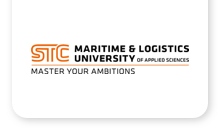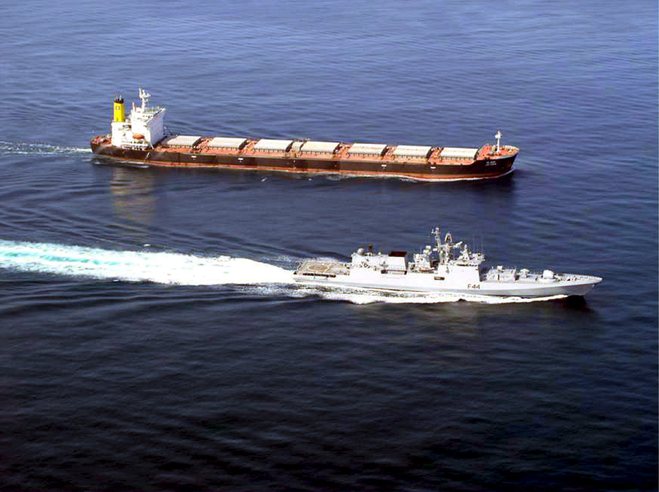Law and Policies
The Master topic Law and Policies consists of the following subjects:
Transportation Law
The aim of this course is to provide the student a legal and jurisdictional framework in relation to trade and transportation. The specific law framework applicable for the transportation sector and the line of developments and dynamics therein per sector are explained. Structures, methodology of law sections, essential parallels in approach and differences in system are focused on, as these facilitate better understanding of the basic principles common to all transport and logistics sectors. Special attention is given to the specific characteristics and development of maritime law and from there the parallels and differences are drawn to the other sectors.
Ocean Management and Marine Policies
It is generally accepted that ocean usage will grow in the years to come. That realisation has prompted calls for a more integrated approach to ocean management at all levels of government. Still, most people involved in the maritime sector know relatively little of what is happening in other areas. OCM addresses this shortcoming. It is a primer on all uses of the oceans, past present and future. We look at the various resources, how they extracted, how important they are and how they are managed or, in some instances, mismanaged. Emphasis is placed on the need to responsibly use the oceans in a sustainable manner, to ensure the availability of marine uses and resources for future generations. The course takes a true multi-disciplinary approach, with science, history, economics and law taking equal billing. This vertical structure is further complemented by a horizontal approach which constantly examines how these various activities affect one another. The objective for students is that they have gained knowledge on various ocean uses and how they are regulated. Secondly students are expected to be able to examine and anticipate on the interaction between various marine activities and to plan accordingly.
The International Maritime Organisation (IMO) is the leading UN Agency where it comes to safety, security and protection of the marine environment. This course covers all important aspects of the IMO and one of its major Conventions, i.e. the MARPOL 73/78 Convention. The influence of national policy on international work and vice versa is immense. The second part of the course covers a number of aspects of European transport and infrastructure policies.
Marine Survey and Safety Management
Marine surveying covers the field of inspecting, surveying or examining marine vessels to assess, monitor and report the condition of a ship, equipment for new or existing vessels and checking compliance to various standards and regulations. Through this module, the student gets a thorough understanding of the meaning of marine surveying for the maritime industry. It addresses all regulations, technologies and practices concerning maritime safety and surveying, relevant to the implementation of maritime transport solutions, which are safe, secure and protecting the environment.
Transport Security
Piracy, armed attacks, cargo theft shore-side and seaside have occurred in the past and still continue today, on an all too frequent basis. The issue of security is a topic of great concern. For some time now, administrations worldwide have been addressing this problem and have been busy developing plans and actions for early implementation. In many areas of the world, the standard of security has already risen significantly. This course gives insight into national and international application of the new regimes with regard to transport security. The ISPS Code will be used as a starting point to address the global application of the new measures of both sea-side and shore-side cargo concerns. The course focuses on practical application of the new security measures and an understanding of the various regulations, directives and trade requirements with regard to transport security.

